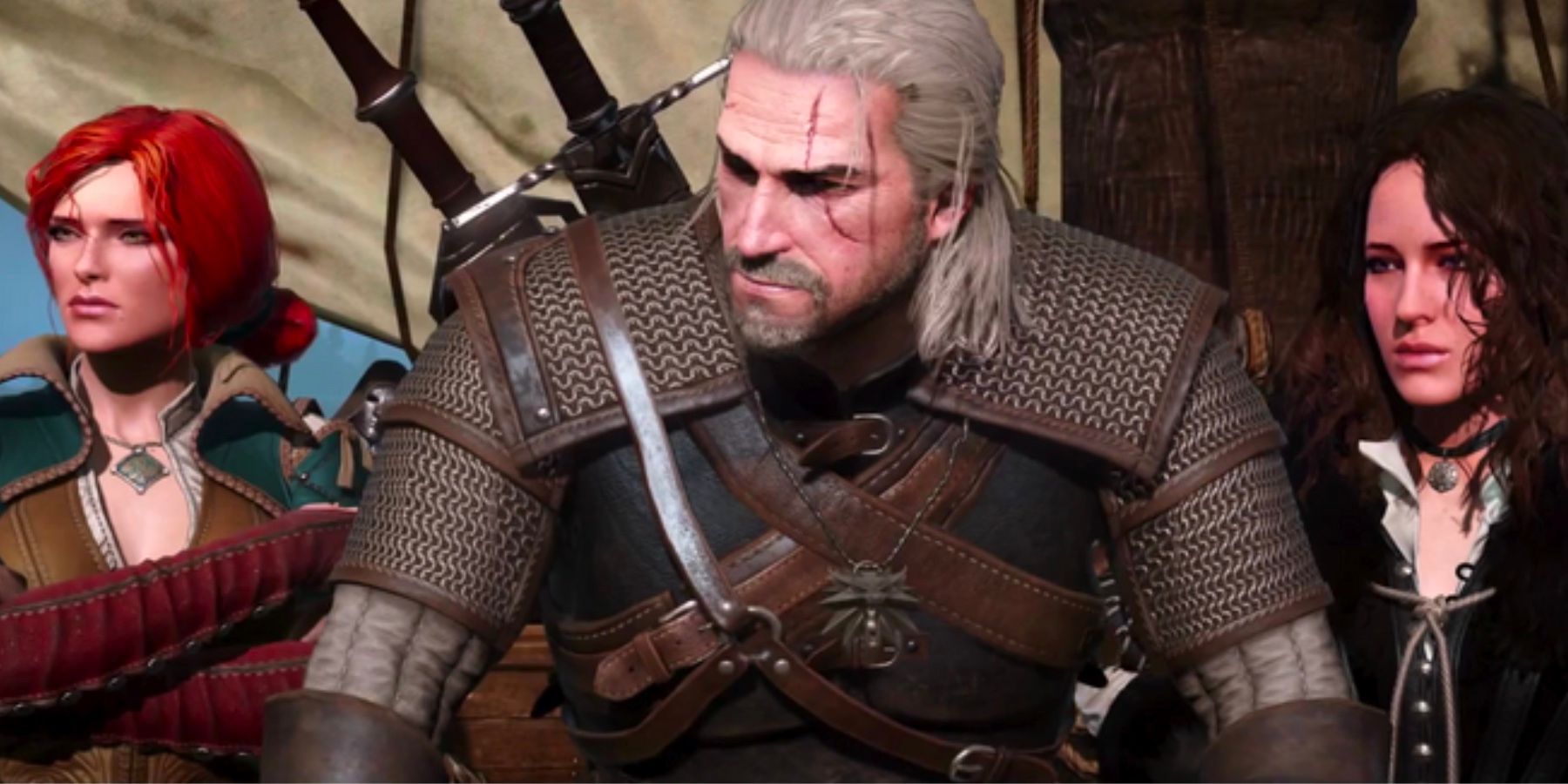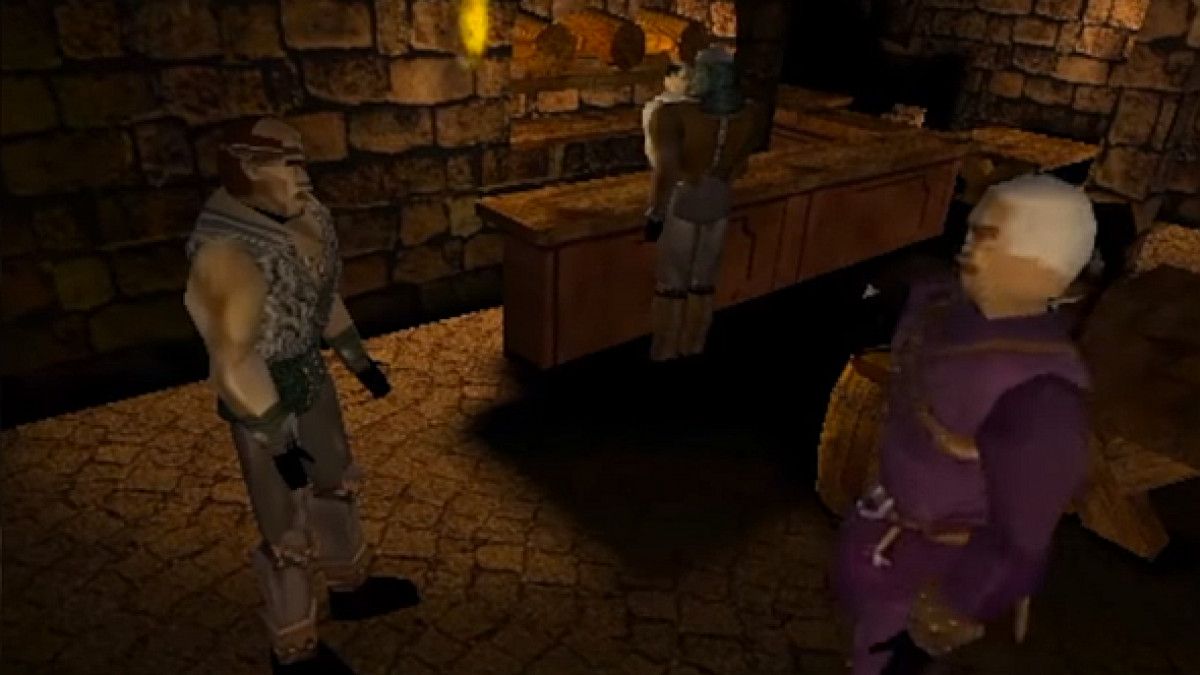Andrzej Sapkowski's The Witcher has quickly become one of the world's most popular fantasy franchises, nearing the same level of recognition as Game of Thrones. That is in no small part thanks to CD Projekt Red's video game series, which rocketed Geralt of Rivia into the mainstream, especially after The Witcher 3: Wild Hunt. However, as successful as CD Projekt Red was in thrusting this little-known Polish fantasy world into international fame, the studio was not the first to attempt a video game adaptation.
Back in the late '90s, Polish developer Metropolis Software, founded by Adrian Chmielarz and Grzegorz Miechowski, acquired the license to adapt Sapkowski's fantasy world for a game. It was during this time that it is thought Chmielarz coined the term "witcher" as the English translation of Sapkowski's "Wiedźmin." At that time, Metropolish Software reportedly had a team of roughly 20 employees and were given free rein to adapt Geralt, the Continent and the rest of the fantasy world as they saw fit. Though the game was ultimately unfinished, there is enough to give gamers some idea of what could have been.
Metropolis Software found a publisher in TopWare, had marketing material ready and even completed at least one playable level. The bits of gameplay footage available across the Internet showcase a tavern with a few patrons and a castle with a few rooms.
It was the beginnings of what might have been a fantasy-horror game somewhat resembling the first Resident Evil, which released a year before, complete with with tank controls, fixed, shifting camera angles and clunky-looking combat set in a horror-esque world. The monsters -- at least, the single wraith-like creature seen in surviving images -- would have been terrifying, much like Resident Evil, if only because the relatively low-quality graphics would have made them somewhat more twisted than intended.
Chmielarz explained to Eurogamer years later that the game would have involved moral choices and a much darker story, neither of which were common in gaming at the time. "But that was the goal and it was all because of the quality of the source material -- it inspired us to do something very special," he said. It wasn't intended to be an RPG and would feature a linear story that retold Sapkowski's short stories, though there were some RPG elements.
The relative size and detail of the world became a point of concern for TopWare, among other things. Not helping the game's development was the fact that the Metropolis team was also working on three other projects. Making it harder was TopWare's concern that a Slavic-based video game would not appeal to an international audience. While none of that caused Metropolis to outright abandon the project, it did get lost in the shuffle.
By the time Chmielarz left Metropolis in 1999, the project had been all but forgotten, though never officially canceled. Several years later, in 2002, the newly established CD Projekt Red came knocking to acquire The Witcher license from Metropolis. The transaction was completed without a fuss. After all, Metropolis hadn't touched the project for some time. The rest is history.
Unfortunately, all that survives of Metropolis' Witcher game is a few short clips of gameplay and a handful of screenshots. The property has undoubtedly come a long way since then. Over two decades later and The Witcher has now branched into mainstream gaming and television. Still, it's a reminder of the franchise's humble beginnings and of how Geralt of Rivia's story seems to have always inspired ambitious projects.


